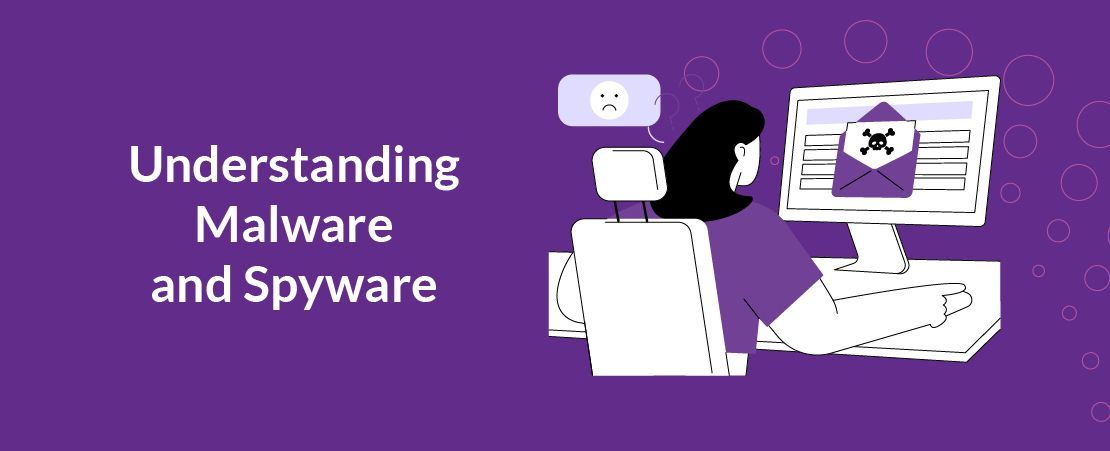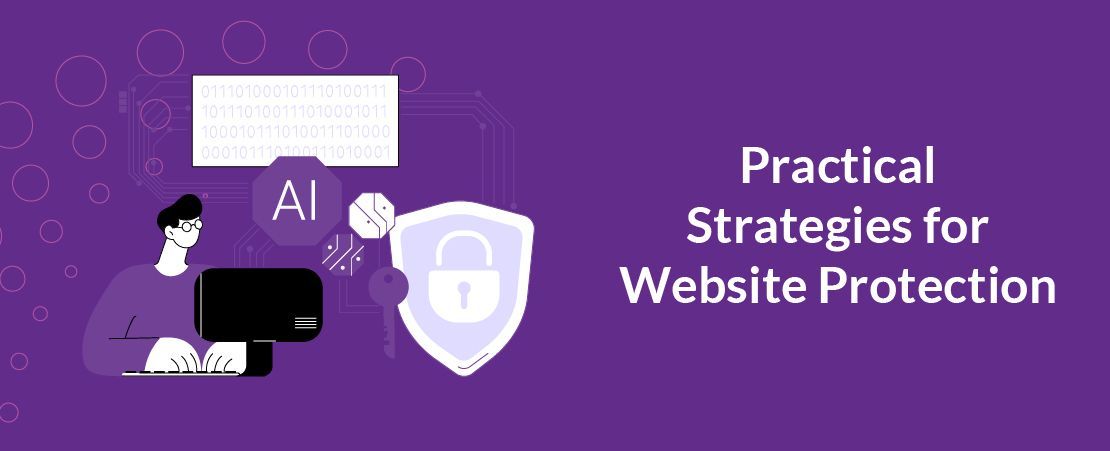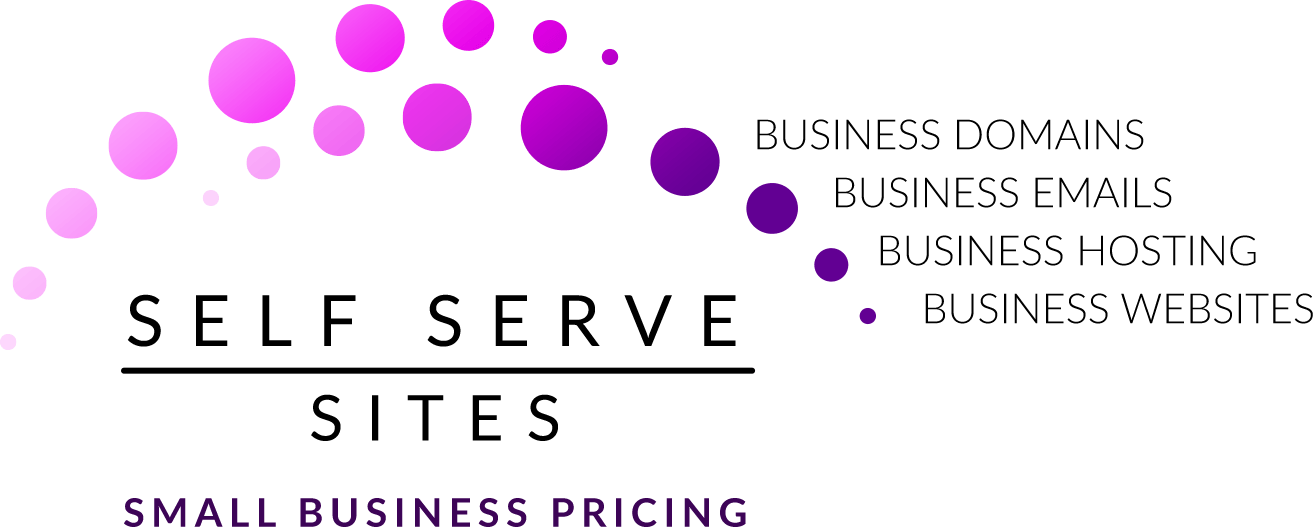Safeguarding Your Digital Home Base: How Small Businesses Can Protect Their Websites from Malware and Spyware
In an age where no one lives in the real world and everyone is online, Small Businesses rely heavily on their Websites to attract Customers, drive sales, and establish their online presence.
However, with the increase in cyber threats towards Small Businesses who are not prepared for them, protecting your Website from malicious attacks is more critical than ever.
If technology is not your speciality, you may not know where to start. Well, we wouldn’t be writing this blog if you didn’t already know that was a problem. Stick around and we’ll let you know how you can protect your Small Business Website from malware and spyware threats.

Understanding Malware and Spyware
As we’ve previously stated, we’re writing this blog for people who might not be technologically savvy. So, before we begin telling you how to protect your Website from malware and spyware we’ll start by explaining why you should protect your Site from these things.
Malware, short for malicious software,
refers to any software specifically designed to disrupt, damage, or gain unauthorised access to computer systems, networks, or data. Common types of malware include viruses, worms, Trojans, ransomware, and spyware.
Spyware, a subset of malware, is software that secretly
collects information about a user's browsing habits, personal data, or system activities without their consent. Spyware is often used for purposes such as stealing sensitive information, monitoring online activities, or delivering targeted advertising.
So, things that you don’t particularly want infiltrating your Website and your Customer’s data. Now that we’ve got your attention, let’s move on to how you can combat this malicious attacks.

Practical Strategies for Website Protection
Keep Software and Plugins Updated: Regularly update your Website's content management system (CMS), plugins, themes, and any other software components to patch security vulnerabilities and protect against known exploits. Many malware attacks exploit outdated software to infiltrate Websites, so staying up-to-date is crucial.
Implement Web Application Firewalls (WAFs): Web Application Firewalls (WAFs) act as a barrier between your Website and the internet, filtering incoming traffic and
blocking malicious requests before they reach your server. WAFs can help protect your Website from common web-based attacks, including SQL injection, cross-site scripting (XSS), and remote file inclusion.
Use Secure Hosting and SSL Encryption: Choose a reputable web hosting provider that prioritises security and offers features such as SSL/TLS encryption, secure FTP access, regular backups, and server-level security measures. SSL encryption
encrypts data transmitted between the user's browser and your Website, preventing eavesdropping and tampering.
Employ Strong Authentication and Access Controls: Implement strong password policies, multi-factor authentication (MFA), and role-based access controls to
limit access to sensitive areas of your Website. Regularly review user accounts, permissions, and access logs to detect and mitigate any unauthorised access attempts.
Scan for Malware Regularly: Use Website security scanning tools to regularly scan your Website for malware, suspicious code, and vulnerabilities. Automated scanning tools can
help detect and remove malware infections, identify security weaknesses, and provide recommendations for improving your Website's security posture.
Educate and Train Employees: Train your employees on cybersecurity best practices,
such as avoiding suspicious links and attachments, practising good password hygiene, and recognizing common signs of malware infection. Regularly remind employees to remain vigilant and report any security incidents promptly.
Backup Your Website Regularly: Implement a regular backup strategy to ensure that you can restore your Website quickly in the event of a malware infection or data loss incident.
Store backups securely offsite, preferably in a cloud-based or remote location, to prevent loss due to physical damage or theft.
If we’ve achieved anything through writing this blog we hope it is that we’ve helped you understand that protecting your Small Business Website from malware and spyware requires a proactive and multi-layered approach to cybersecurity.
By implementing practical strategies such as keeping software updated, using web application firewalls, employing strong authentication controls, and educating employees on cybersecurity best practices, you can minimise the risk of malware infections and safeguard your Small Business’s online assets.
By prioritising website security, you can maintain Customer trust, protect sensitive data, and ensure the continued success and resilience of your business’s online presence in the face of evolving cyber threats.










